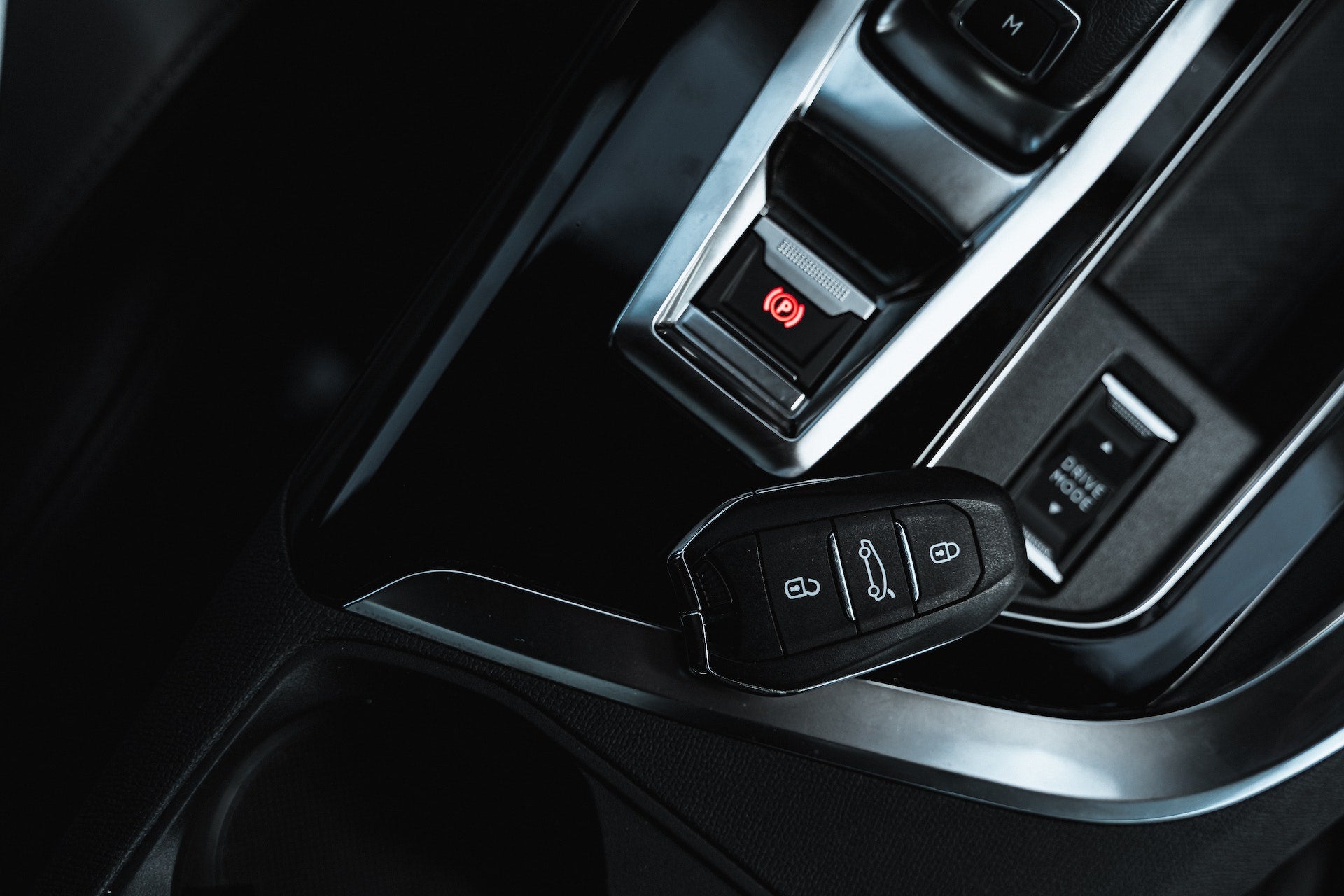"Are Dash Cams Legal in France?" Well, yes! Under strict rules though. Dash Cams, whilst being the unsung heroes of Road Traffic Collisions (RTCs), mysterious and ominous recordings, or even "You've Been Framed" moments, a lot of countries still find Dash Cams to be a very new technology - and that scares some people.
It doesn't scare people in a sense of being physically scared, but instead the possibilities that lay within, such as recording people who don't wish to be recorded.
So what makes Dash Cams legal in France?
So you can use a dash cam legally in France, as long as you follow the legal guidance outlaid by French authorities:
-
Recording in Public Spaces: In France, recording video in public spaces is allowed as long as it does not infringe on individuals' privacy rights. This means you can use a dash cam to record the road and surroundings while driving.
-
Audio Recording: Audio recordings, however, is subject to stricter regulations. French law prohibits the recording of conversations without the consent of all parties involved. So if your dash cam has an audio recording feature, it's essential to disable it or ensure you have the consent of everyone in the vehicle before enabling it.
-
Private/Personal Use Only: The primary purpose of dash cams should be for personal use and not for commercial or surveillance purposes.
-
Data Protection and Privacy: You should be careful about sharing or uploading dash cam footage that could potentially reveal personal information about individuals or violate their privacy.
What is best practice on using a Dash Cam in France?
Due to the UK laws being much more lax compared to France, it's important to note the same practices do not apply when it comes to operating a dash cam.
Here's what you should be doing when using a dash cam in France:
-
Disable Audio Recording: As previously stated, to comply with French privacy laws, disable the audio recording feature on your dash cam or make sure to obtain consent from all occupants in the vehicle before enabling it.
-
Inform Passengers: If you have passengers in your vehicle, inform them that a dash cam is in use. This helps ensure transparency and may also serve as a reminder to avoid sensitive or private conversations.
-
Avoid Recording Private Spaces: Be mindful of where you park your vehicle and avoid pointing the dash cam at private properties (e.g., homes, gardens) to respect individuals' privacy rights.
-
Use Dash Cam for Safety and Documentation: Utilise the dash cam primarily for safety purposes, such as capturing evidence in case of accidents or incidents on the road. It can be helpful for insurance claims or legal purposes if needed.
-
Comply with Data Protection Laws: Handle dash cam footage responsibly and be cautious when sharing or uploading videos to respect the privacy of individuals captured in the recordings.
-
Regularly Check Dash Cam Operation: Ensure that your dash cam is functioning correctly and is capturing clear footage. Regularly review and back up the recorded videos to a secure location.
-
Choose a High-Quality Dash Cam: Invest in a reputable and reliable dash cam that meets legal requirements and provides good video quality, especially for use in potential legal proceedings or insurance claims.

















